
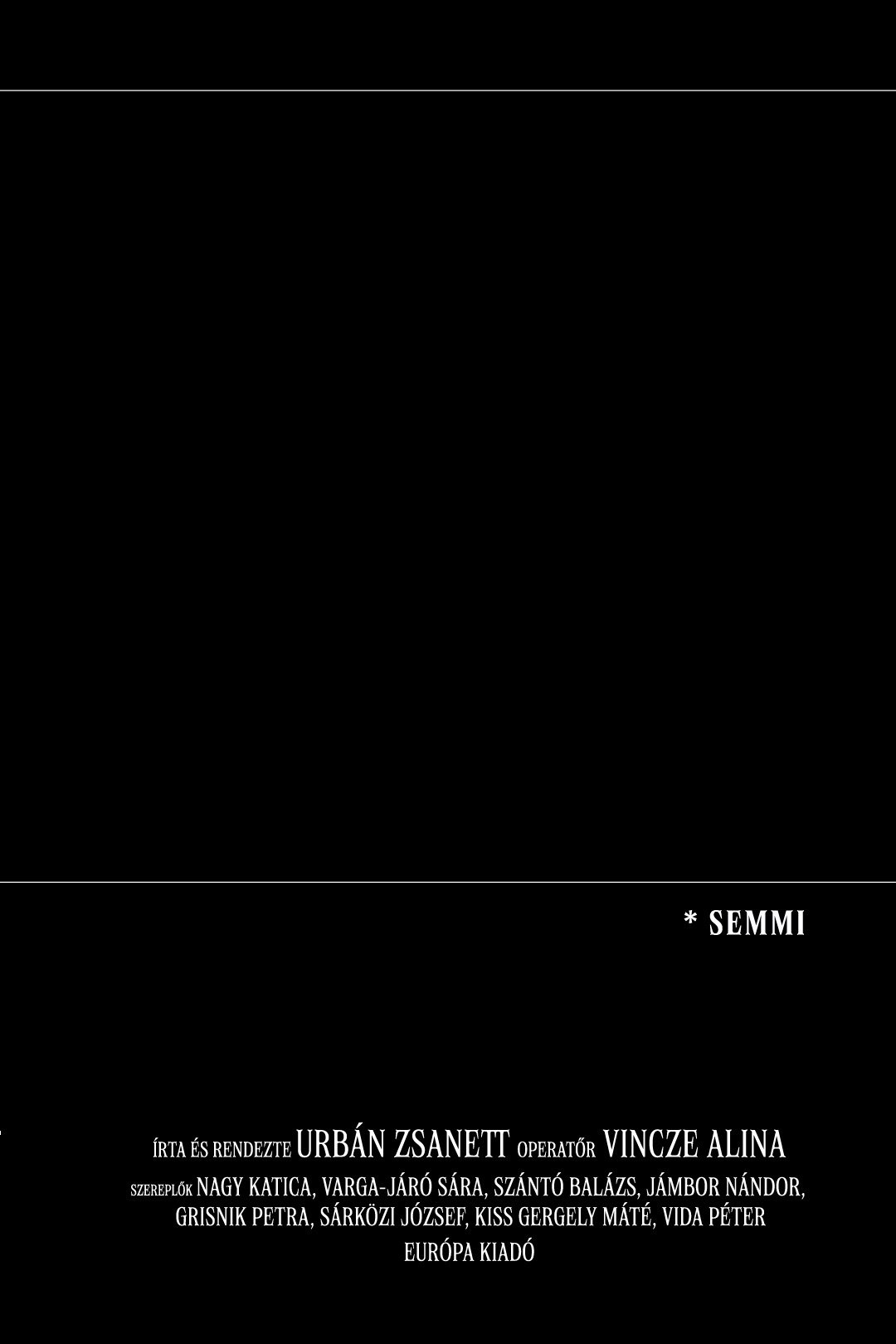
1979. Two teenage girls from the countryside decide to run away from their high school dormitory to Pest. Sára and Cicus, as teenage girls do, prepare to change their lives for the better. They have no money, no car, no plan, but nothing can stop them.
The director, with his usual bittersweet style, began to present a slice of the regime change, using the original diary of the Petőfi Socialist Brigade in Szentes. The film focuses on community cohesion, survival and creative solutions in the era of the deficit economy and socialist planned economy, aiming to not only delve into the past, but also to appeal to the younger generation with its humour and to show them the sometimes burlesque-like everyday life of the 1970s and 1980s.
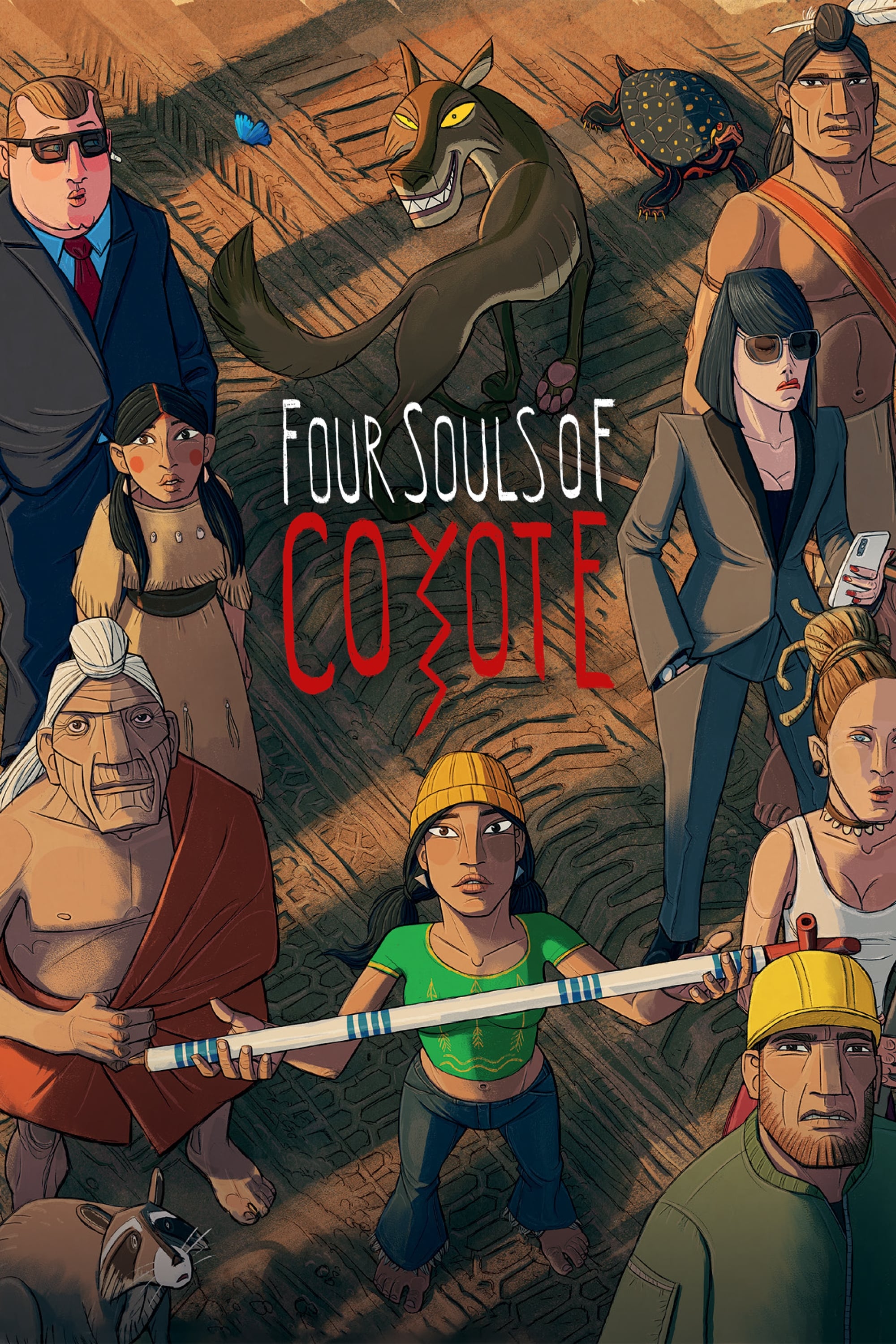
This film is a tribute to a humiliated and destroyed nation. "As Long as the Grass Grows" is an alternative, ancient and humble creation story, where man is not the crown of the creation, but the weakest of all creatures. The film takes us back to the beginning of time, where Old Man begins to create the world out of a handful of mud. Everything he creates is new and nameless, and affects the rest of the world. Even feelings and desires are unknown and when they emerge, the world becomes more and more complicated.
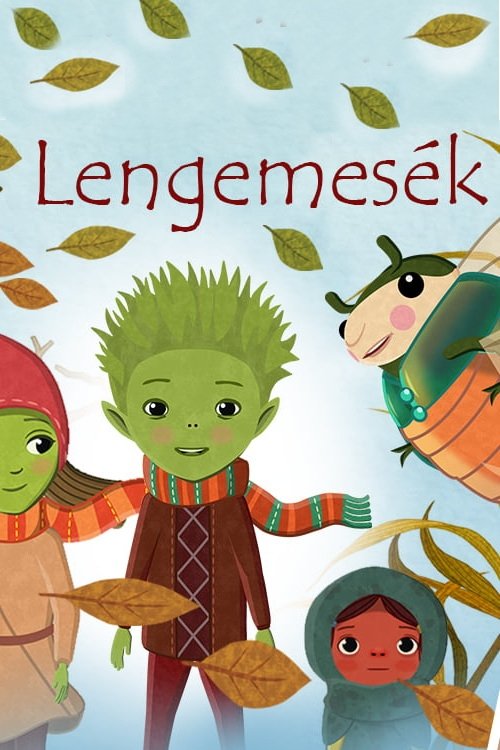
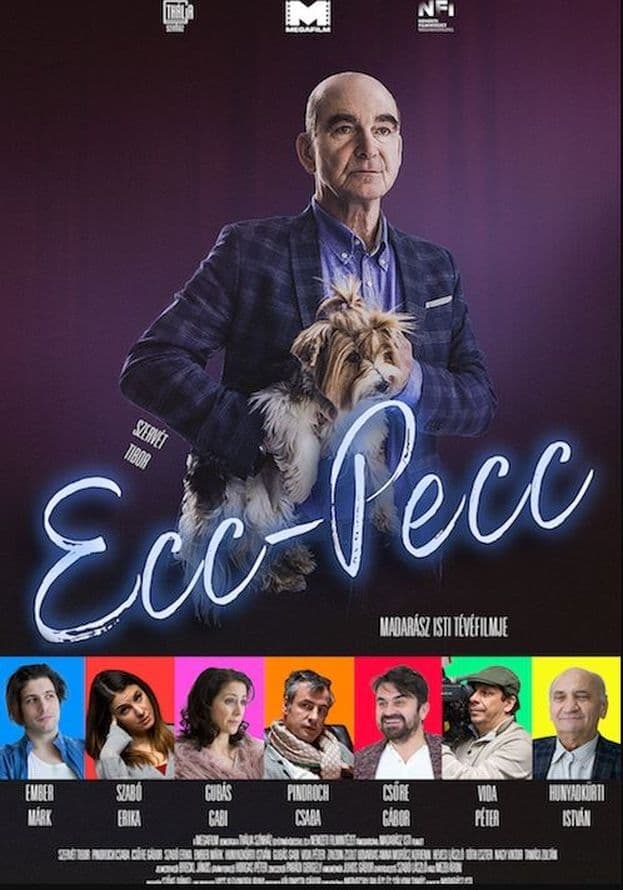
Bálint, the theatre's award-winning chief director, thinks that he will be the successor of the resigning manager. However, the owner of the theater, Szalai, is asking Imre Hamar, an older man from a completely different field with no theatrical experience, to be the manager. Bálint is about to prepare a large-scale Romeo and Juliet performance with his actors, when Imre interrupts the rehearsal to introduce himself and outline the new situation… New leader, completely different leadership principles. Can a private theater on the brink of bankruptcy be saved?

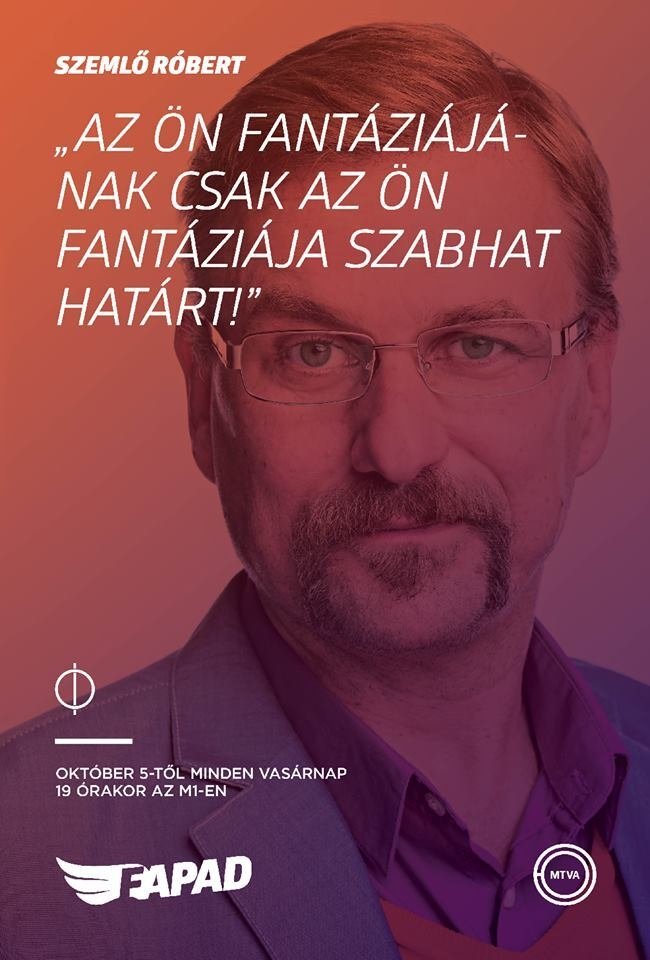
By browsing this website, you accept our cookies policy.